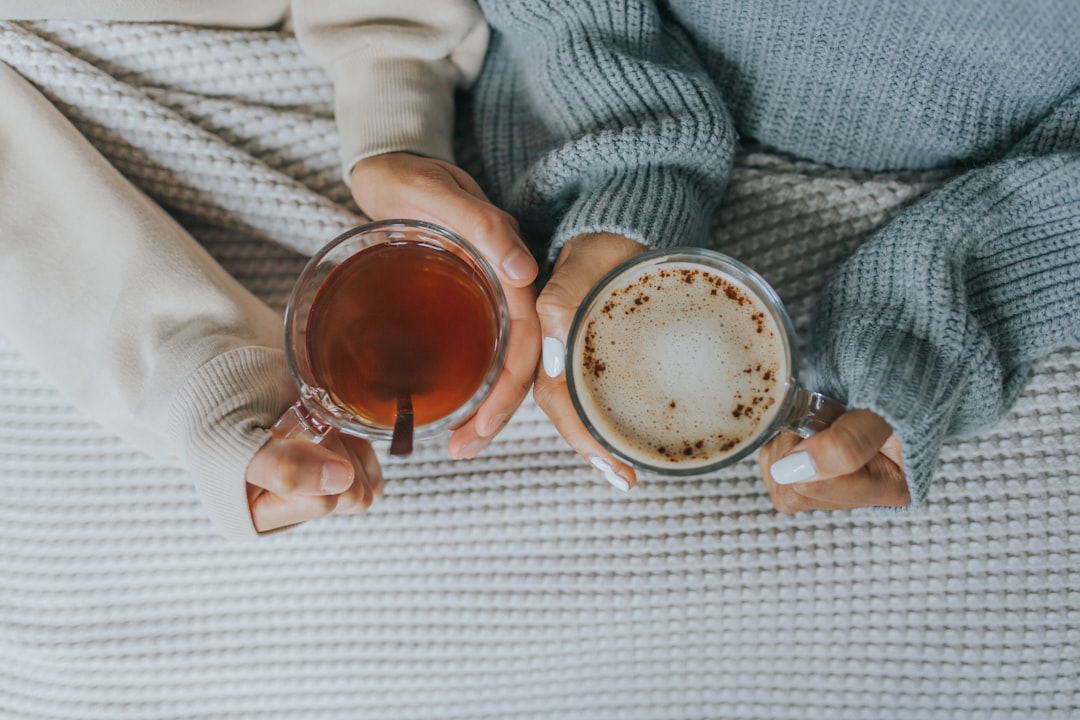Introduction:
Creativity is a powerful force that resides within each of us, waiting to be unleashed. Beyond its artistic expression, creativity has the potential to significantly impact our mental health and well-being. In this article, we delve into the connection between creativity and mental health, exploring how engaging in creative pursuits can enhance emotional well-being and provide a therapeutic outlet. By understanding the profound link between creativity and mental health, we can tap into our inner artist and harness its transformative benefits.
I. The Relationship Between Creativity and Mental Health
1. Expression and Catharsis: Creativity, whether through art, music, writing, or other forms, can serve as a powerful outlet for emotional expression and catharsis. It provides a means for individuals to process their thoughts and feelings, leading to a sense of release and relief.
2. Vulnerability and Sensitivity: Many individuals who possess a creative inclination also tend to be highly sensitive and emotionally attuned. While this sensitivity can contribute to the depth and richness of their creative work, it may also make them more susceptible to mental health challenges such as anxiety or depression.
3. Self-Exploration and Identity: Engaging in creative pursuits can facilitate self-exploration and identity development. It allows individuals to explore their thoughts, values, and beliefs, which can be both empowering and emotionally challenging.
4. Coping Mechanism: Creativity can serve as a coping mechanism during times of stress or adversity. It provides a means to channel and process difficult emotions, offering a sense of control and empowerment.
II. The Positive Impact of Creativity on Mental Health
1. Self-Expression and Emotional Well-being: Engaging in creative activities can promote emotional well-being by providing an outlet for self-expression, allowing individuals to communicate and process complex emotions.
2. Flow State and Mindfulness: Immersion in a creative process can lead to a state of flow, where one is fully absorbed and focused on the task at hand. This state of flow is similar to mindfulness, promoting a sense of presence and mental well-being.
3. Resilience and Problem-Solving Skills: Creativity encourages individuals to think outside the box, fostering resilience and problem-solving skills. These skills can translate into effective coping strategies for managing challenges in various areas of life.
III. Nurturing Creativity While Prioritizing Mental Health
1. Self-Care: Prioritize self-care practices that support both mental health and creativity. This may include maintaining a balanced lifestyle, getting enough rest, practicing mindfulness, and engaging in activities that bring joy and relaxation.
2. Setting Boundaries: Establish boundaries around creative work to prevent burnout and overwhelm. Learn to recognize when it's necessary to take breaks, rest, or seek support.
3. Seeking Support: Reach out for professional help if mental health challenges arise. Therapy or counseling can provide valuable guidance and support for managing mental health while maintaining a creative practice.
4. Collaboration and Community: Seek out collaborations and engage with creative communities. Surrounding yourself with like-minded individuals can foster inspiration, feedback, and a sense of belonging.
5. Embracing Imperfection: Embrace the idea that creativity is a journey, and not every creation needs to be perfect. Allow yourself the freedom to experiment, make mistakes, and learn from them.
So...
Creativity and mental health share a complex and nuanced relationship. While creativity can be a source of emotional expression, self-exploration, and coping, it can also contribute to vulnerability and sensitivity. By understanding the link between creativity and mental health, we can take proactive steps to nurture our creativity while prioritizing our mental well-being. Remember to practice self-care, seek support when needed, and embrace imperfection in your creative journey. By fostering a healthy balance, you can harness the power of creativity while maintaining good mental health.


